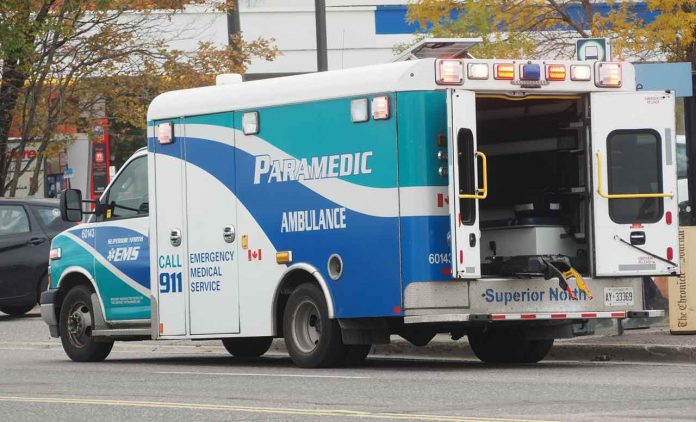TORONTO — The Ontario government is expanding the Emergency Department Peer-to-Peer Program to 21 additional rural and remote hospitals starting in December, bringing the total number of hospital emergency departments participating in the program to 27.
“Programs like this ensure that rural and remote emergency departments have an opportunity to share best practices with their colleagues from across the province,” said Sylvia Jones, Deputy Premier and Minister of Health. “Expanding the program is part of the Plan to Stay Open to support emergency care throughout the province and ease pressure on our hospitals.”
The program increases care and support for people in emergency departments by providing physicians 24/7 access to on-demand, real-time support and coaching from highly experienced emergency physicians across Ontario via virtual channels.
Physicians in rural and remote emergency departments will have access to 24/7 virtual support and advice from an experienced “peer” emergency physician on clinical procedures, new and emerging treatments and medications, and consultations on specific patient cases. The program can also help more people stay and receive care in the comfort of their own communities by giving physicians more support to identify whether a transfer to a larger hospital is necessary.
“The transfer of clinical knowledge and skills from seasoned emergency medicine physicians to peers working in rural and remote hospitals is a vitally important component of the program,” said Matthew Anderson, President and CEO of Ontario Health. “These connections can reduce health inequities for Ontarians living in rural communities, increase integration between rural and urban hospital care, and encourage recruitment and retention of physicians to remote settings.”
The Emergency Department Peer-to-Peer Program, initially launched in October 2022 at six emergency departments in Northern Ontario, complements other existing programs and measures implemented by the government such as the COVID-19 temporary summer locum program to help northern communities address staffing shortages and maintain 24/7 emergency department service.
As part of the Plan to Stay Open, Ontario will also be adding 400 physician residents to strengthen the health workforce in Northern Ontario and will continue to work with its partners to expedite the registration of doctors, including those from out-of-province and those who may want to work in rural and remote emergency departments, so they can start working and caring for patients sooner.







